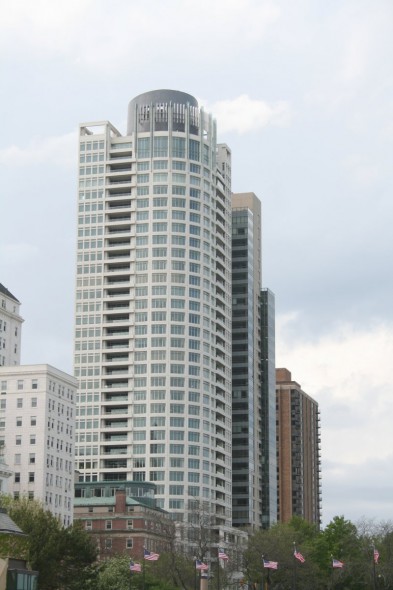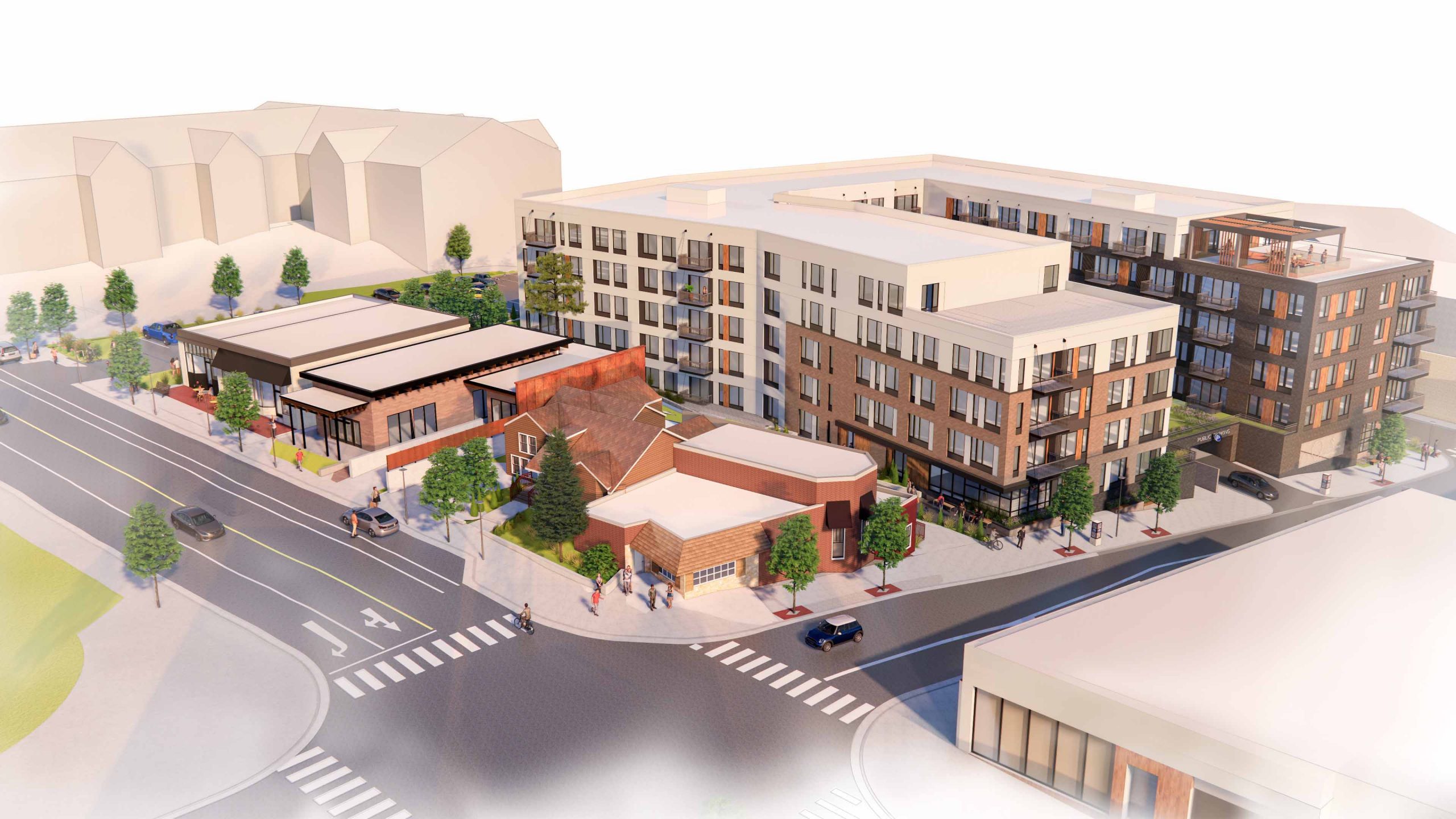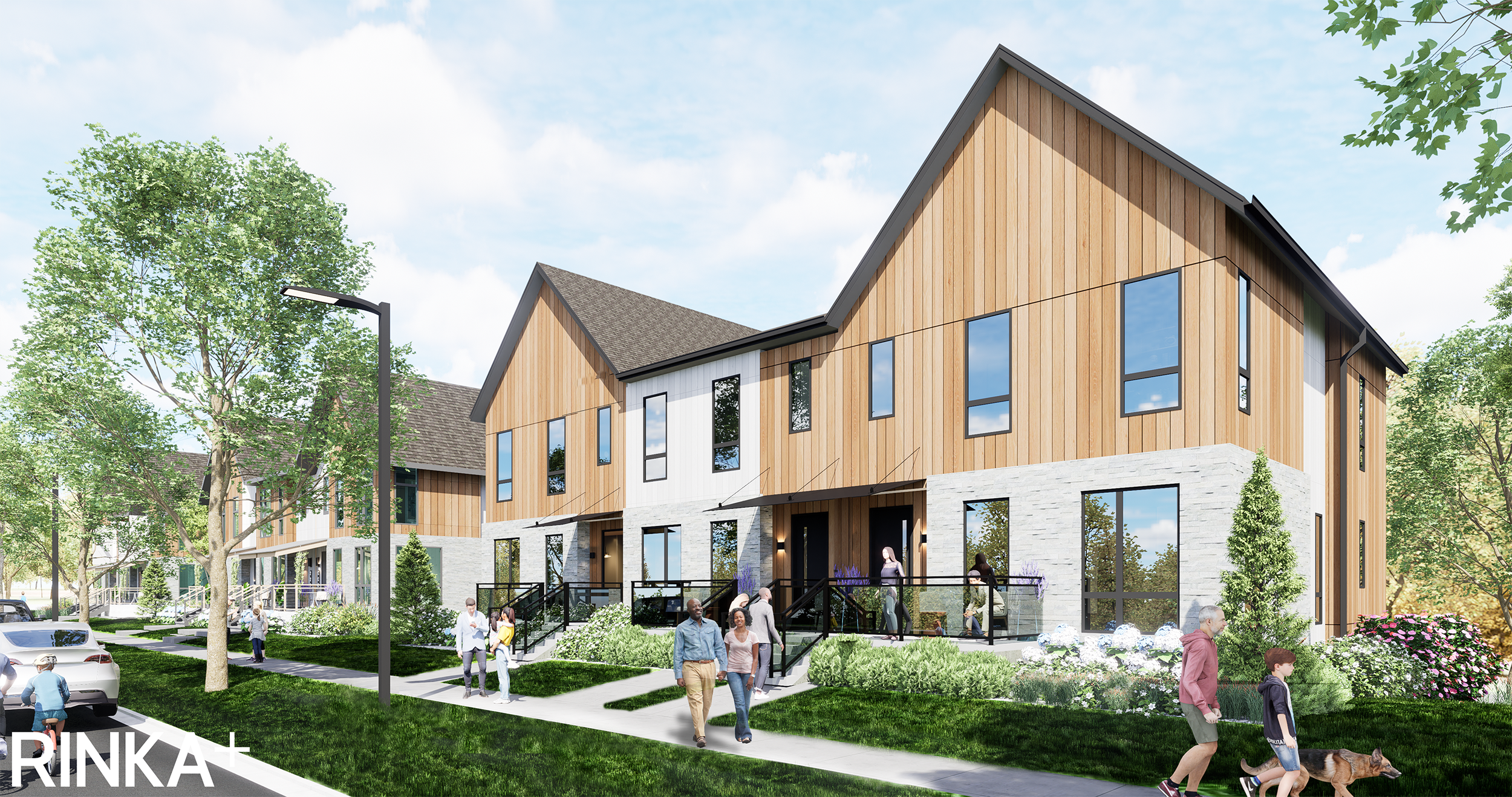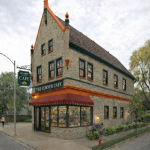Mandel Group Releases Mid-Year Analysis of Downtown Condominium Market
Steady Pace of Recovery Slower Than Housing Market as a Whole
Mandel Group, Inc. today released its mid‐year report on the status of Milwaukee’s downtown condominium market. Unlike the robust recovery being experienced in the metro area’s single family housing market, downtown condominiums are experiencing a somewhat slower path to recovery. The exception is for those condos selling above $500,000.
“We’re continually asked ‘When will we see new condos built in the downtown?’, so we continue to look for signs of recovery” commented Robert Monnat, COO of Mandel Group. “We’re certainly through the hard bottom of this cycle and are recouping lost value, but we’re a long way from justifying new construction.”
For the six months ended June 30th, 2015, Mandel tracked 247 sales transactions above $100,000 in a five zip‐code downtown market area. This compares to 246 sales for the same period in 2014. “Virtually identical results” added Mandel Research Analyst Isaac Schlenker. “2014 sales totals for the entire year were 477 units transacted in the downtown zip codes. We’ll have to see if the second half of 2015 maintains pace with the first six‐months or shows signs of growth.”
Mandel Group tracks condominium sales through data available on MLS. Transactions not registered on MLS, such as owner‐direct sales, are excluded from its data. Mandel estimates that MLS accounts for 95% of the transactions in the market.
Values are making an uneven recovery since losing nearly 30% of pre‐recession sales prices. In the $100,000‐250,000 range, 2015 YTD transactions averaged $179,449 and $162/SF, a 20% devaluation as compared to the peak of the market in late 2006/early 2007. For condominium sales in the range of $250,000‐500,000, 2015 YTD transactions averaged $333,347 and $218/SF, a 12% devaluation as compared to the peak. “The recovery is disproportionate to price point” Schlenker asserted. “The concept of a starter condo purchase as a pathway to home ownership doesn’t appear to have worked, while households purchasing at higher price points seem well on their way to fully recovering their original cost basis.”
More expensive units – those selling above $500,000 – fared better by comparison. “The luxury units have recovered both in terms of transaction volume and value” Schlenker added. “We’ve also seen a higher percentage of all‐cash buyers in this price range, which very likely reflects the disproportionate impact of the recession on different income levels.” Luxury condos exhibited average sales prices of $861,340 or $338/SF, and comprised 14% of the total sales surveyed, up from just 9% of sales in 2014. Luxury condos exhibited average sales prices of $313/SF during the peak of the market.
Mandel doesn’t foresee a near‐term transition of the market from apartment development to new condominium development. “Too many factors are outside their respective ranges of risk or feasibility to suggest any large numbers of new condos anytime soon” Monnat observed. “Many aspects of the transaction structure would need to move in order to create the right recipe for new downtown condo development in meaningful numbers.” Those factors include sales price, buyers sharing more of the risk of the transaction, and banks willing to make construction loans.
SUMMARY RESULTS OF REPORT
Monnat summarized the following issues that together could contribute to a more favorable environment for new condominium development in the future:
- Price escalation: In light of a dramatic rise in construction costs, professional fees and other costs of development, Mandel Group estimates that average sales prices would need to exceed $400/SF to justify new development. “Even at a sales price above $400 per square foot, you may not be able to achieve the quality levels you would have expected 8 or 9 years ago”, Monnat observed.
- Risk sharing: During the 2008‐2012 market meltdown, many developers were left ‘holding the bag’ as buyers backed out of contracts and forfeited their relatively modest down payments. “I can’t imagine a developer wanting to take the risk going forward without a significant non‐refundable down payment, in the range of 40% of the purchase price or more” commented Monnat. “Lenders may very well require those deposits as their security as well.”
- Lenders: Given the regulatory environment that was imposed as a result of the financial crisis, lenders now contend with new disincentives which discourage them from making loans on condominium developments. “We haven’t even thought of a new condo deal in the past 7 years, so we can’t say that we’ve tested the lending waters in any meaningful way”, Monnat admitted.
- “However, anyone who takes the time to speak with their banker will be able to easily verify our assumption on this matter.” Smaller condominium developments that are built on an incremental scale, such as sideby‐side duplexes, are making a comeback on suburban sites where lower density development can mean lower costs and resulting lower selling prices, Monnat suggested. By comparison, higher‐density, more costly commercial construction in the downtown provides less flexibility as incremental delivery and runs higher risks throughout the development process.
Mandel Group will continue to focus on its luxury apartment developments for which capital and market demand remain accessible and abundant. “We have more than enough opportunity before us solely focusing on apartments” Monnat summarized. “Demographics, consumer preference, an evolving jobs market and appetite for investment real estate combine to create an efficient model for meeting near‐term housing demand, in particular in the downtown environs.”
About Mandel Group: Mandel Group, Inc. is a national award‐winning builder and developer headquartered in Milwaukee. Founded in 1991, Mandel Group has developed or transacted over $1 billion of residential and commercial real estate development, primarily in the metropolitan Milwaukee area. Among its developments in the metropolitan area are East Pointe, a 9‐block redevelopment of a vacant freeway corridor north of Milwaukee’s CBD; University Club Tower, a 36 story, $100+ million high rise luxury condominium tower on Milwaukee’s lakefront; Marine Terminal Lofts, a $40+ million development comprised of 83 condominiums and 45,000 square feet of commercial space in Milwaukee’s Historic Third Ward; and The North End, a multiphased mixed‐use neighborhood that will total over 650 apartments upon completion, on the site of the former US Leather tannery, one of downtown Milwaukee’s most prominent brownfield sites. Further information available at the company’s website: www.mandelgroup.com.
NOTE: This press release was submitted to Urban Milwaukee and was not written by an Urban Milwaukee writer. While it is believed to be reliable, Urban Milwaukee does not guarantee its accuracy or completeness.
Recent Press Releases by Mandel Group
Mandel Group Inc. Finalizes Financing and Acquires Site for Harlow & Hem in Wauwatosa’s Village
Sep 30th, 2025 by Mandel GroupConstruction to Begin Shortly to add 157 New Apartment Residences and Public Parking
Fork Farms Expands To Milwaukee Area With New HQ & Hydroponic Showroom
Aug 29th, 2025 by Mandel GroupFork Farms To Open New Milwaukee-area Headquarters and Hydroponic Showroom Within the Makers Row Development in West Allis
























